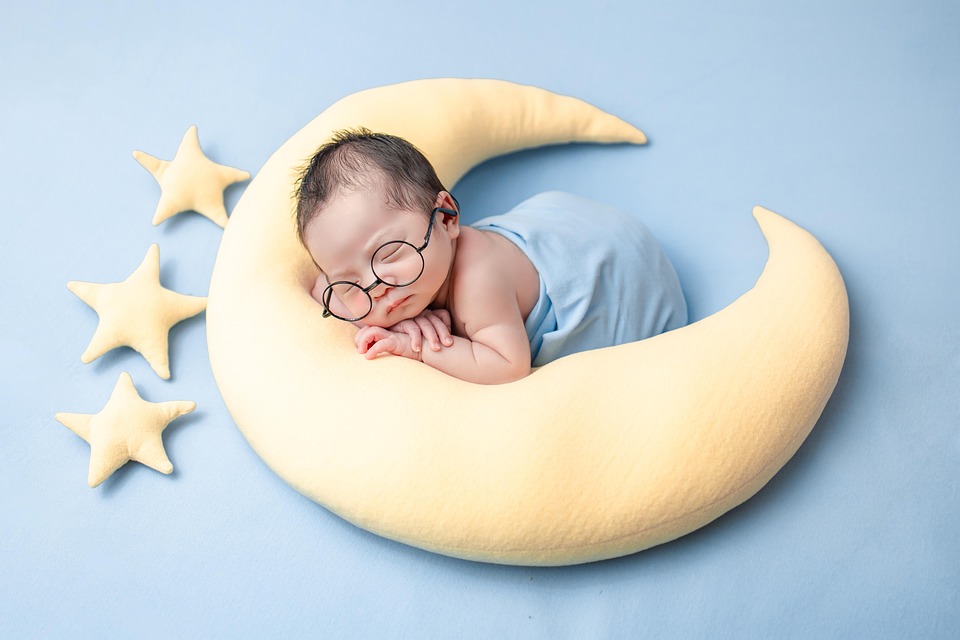For centuries, humans have been fascinated by the full moon and its supposed effects on our behavior, particularly when it comes to sleep. The idea that a full moon can disrupt our slumber has been a topic of discussion among scientists, folklore enthusiasts, and the general public. But what does the science say? Is there really a link between the full moon and sleep disturbances, or is it just a myth?
The Lunar Cycle and Sleep
The lunar cycle has long been associated with changes in human behavior, including sleep patterns. The full moon, in particular, has been linked to increased restlessness, anxiety, and insomnia. Some people claim that the full moon’s gravitational pull affects the body’s internal rhythms, leading to disturbed sleep. However, the scientific evidence for this claim is limited and inconclusive.
Studies on the Full Moon’s Impact on Sleep
Several studies have investigated the relationship between the full moon and sleep quality. A 2013 study published in the journal Sleep found that the full moon was associated with decreased sleep duration and quality in a group of older adults. Another study published in 2019 in the Journal of Clinical Sleep Medicine found that the full moon was linked to increased sleep disruptions in people with insomnia.
However, other studies have failed to find a significant association between the full moon and sleep disturbances. A 2012 study published in the Journal of Sleep Research found no link between the full moon and sleep quality in a group of healthy adults. A 2020 review of 17 studies on the topic, published in the Journal of Sleep Medicine, concluded that the evidence for a full moon effect on sleep was inconsistent and limited.
Theories Behind the Full Moon’s Impact on Sleep
Despite the limited scientific evidence, several theories have been proposed to explain the potential link between the full moon and sleep disturbances. These include:
- Gravitational pull: The full moon’s gravitational pull may affect the body’s internal rhythms, leading to changes in sleep patterns.
- Lunar cycle and circadian rhythms: The lunar cycle may influence the body’s natural circadian rhythms, leading to disruptions in sleep-wake cycles.
- Psychological factors: The full moon may have a psychological impact on people, leading to increased anxiety, stress, and restlessness, which can disrupt sleep.
Conclusion
While the idea that the full moon can disrupt sleep is a fascinating one, the scientific evidence for this claim is limited and inconclusive. More research is needed to fully understand the relationship between the lunar cycle and sleep patterns. In the meantime, it’s essential to prioritize good sleep hygiene practices, such as maintaining a consistent sleep schedule, creating a relaxing sleep environment, and avoiding stimulants before bedtime. Whether or not the full moon has an impact on sleep, a healthy sleep routine can help mitigate any potential disruptions.


Leave a Reply